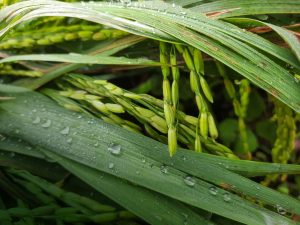- SIWI – Leading expert in water governance
- /
- Latest
- /
- Rainfed agriculture for a non-violent economy
Rainfed agriculture for a non-violent economy
What is violence economy? What are its linkages to rainfed agriculture? How can we attract finance to rainfed agriculture? Based on 42 years of experience, Dr Rajendra Singh, former Stockholm Water Prize Laureate, reflects on how he inspired SIWI’s Transforming Investments in African Rainfed Agriculture or TIARA project.
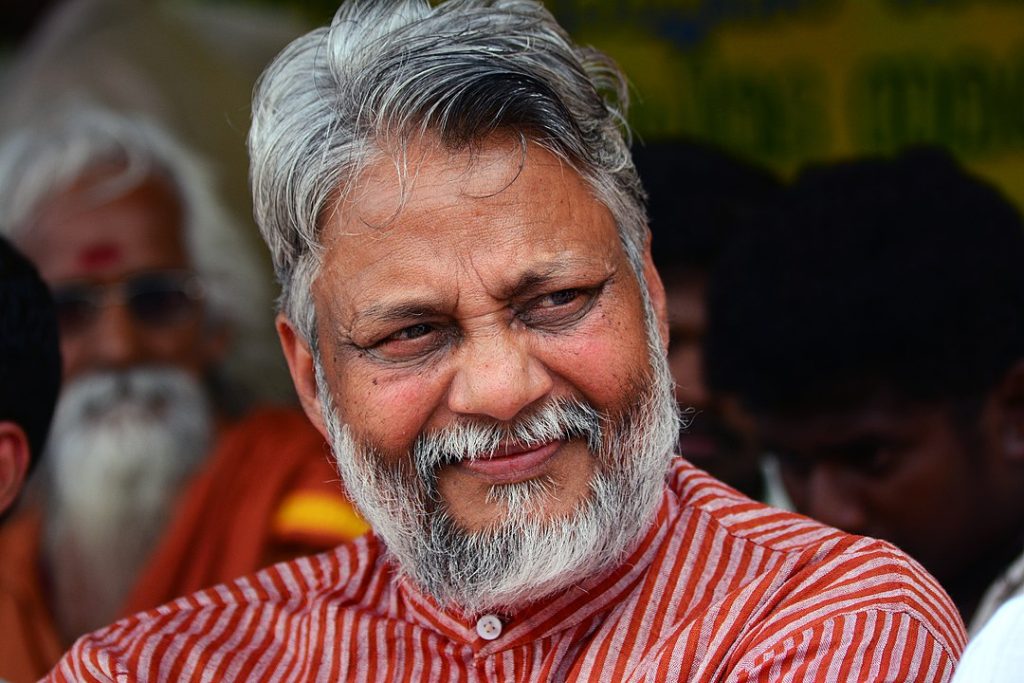
In your experience, what is the significance of rainfed agriculture?
Roughly 60% of the world’s land is rainfed. Unless we make this land fertile, then the planet’s food, life of and on the planet, and the planet’s dignity, will be impossible to achieve.
Wherever the rain falls, we need to slow down the water and make sure the soil and nutrients stay in place. Overtime, extreme rainfall has caused soil erosion, which has led to draughts and crop failure in case of dry season.
In rainfed regions, if we begin to store water in small areas, and pay attention to soil conservation, and understand the role of trees. Then we realize in these regions that soil moisture will become long lasting. Whatever we grow in such soil, will never fail.
What work needs to be done in the rainfed agriculture regions?
Wherever rain falls, the water needs to be taught to move. We need to slow the movement of water, and once it is slowed down, it needs to be stopped and collected, to recharge groundwater aquifers. Just like a reserve bank.
In the Hindi language, we say: “Once rain falls, the water runs. Teach this water to walk on Earth, and make it sit inside the Earth’s stomach. Thereafter, we will experience neither draught nor flood. Life will continue in peace and harmony.”
I believe in this principle, and if we are to follow it, neither will people go without water, nor will land.
To fulfil this work at scale, we need the power of money. How do we attract such investments?
One easy way to attract money is, if farmers who practice rainfed agriculture, come together and unite to form cooperatives and attract investors. Their argument should be based on the fact that investments will lead to 100 times profit.
This is not a hypothesis, this my experience of 42 years. When I have invested 1 paisa (1⁄100 of a rupee) in rainfed areas, I have gained a rupee as income.
Economically stable rainfed agriculture nourishes both people and nature, creating a virtuous circle.
You have a long-standing experience working with communities. But what can be the argument at a broader level, for rainfed agriculture practices to sustain?
Governments, corporations, communities and cooperatives need to work together. When integrated work takes place, violence economy turns into non-violence economy.
Such non-violence economy brings love and happiness to communities, and hate disappears. Once this happens, displacement comes to a halt. Displacement that has forced populations to move from Africa, Central Western Asia to Europe. These displaced people are climate refugees, and their number is increasing. As water becomes more scarce, they are leaving their countries behind and moving to places with abundant water.
I believe that countries which have both water and economic prosperity, should invest in rainfed regions, to stop displacement of populations. To stop the climate emergency, we must conserve both soil and water in rainfed agriculture regions.
You mention violence economy. Can you explain what that is?
Violence economy refers to an economic system that is devoid of nourishment of nature and humanity. We often only take from nature, without giving back. Businesses that overextract, cause pollution, and encroachment of common goods. This gives rise to a violent economy, benefiting only a few.
Most people, often the most vulnerable, are left behind and struggle even more.
On the other hand, non-violent economy nourishes nature and makes it productive. It also nourishes the relationship between humans and nature. The relationship is of mutual respect, where humans give back what they take from nature.
Anton Earle, Head of the Africa Regional Centre at SIWI, has told us that the Transforming Investment in African Rainfed Agriculture (TIARA) project was inspired by you. How did this happen?
When the project was taking off, Anton and I had a very long discussion. I advised him that if SIWI wanted the work to be sustainable, then the project needed to be community driven. The communities would themselves need to carry out resource mapping, select sites, and lastly, the communities should be involved throughout the execution process.
If these three steps are followed, it will make the work sustainable and successful.
Most recent

SIWI’s endorsement of the COP29 Declaration on Water for Climate Action
- Water and climate
- World Water Week
- Water governance

SIWI-WASH experts join IVL
- Water, Sanitation and Hygiene (WASH)
- Water governance

Women hold the key to building climate resilience
- Gender and water
- Resilience through water
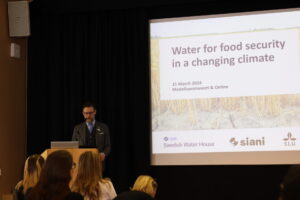
Innovating water and food security
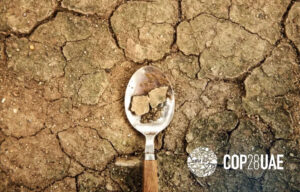
Effective water management for sustainable food systems
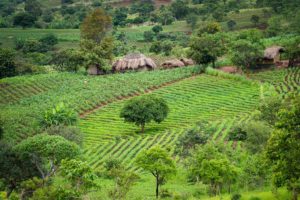
What’s next for rainfed agriculture?
